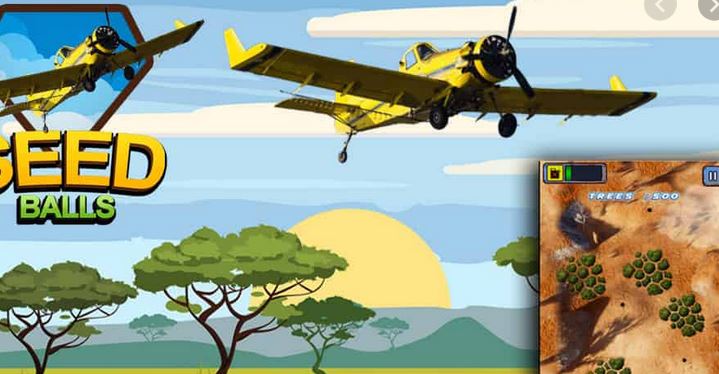×
The Standard e-Paper
Join Thousands Daily

NAIROBI, KENYA: Kenyan tech start-up, Usiku Games has developed the Seedballs Game to help aid reforestation of Kenya's lost forest cover. Kenya targets to increase its forest cover to 10 per cent from the current 7 per cent by 2022.